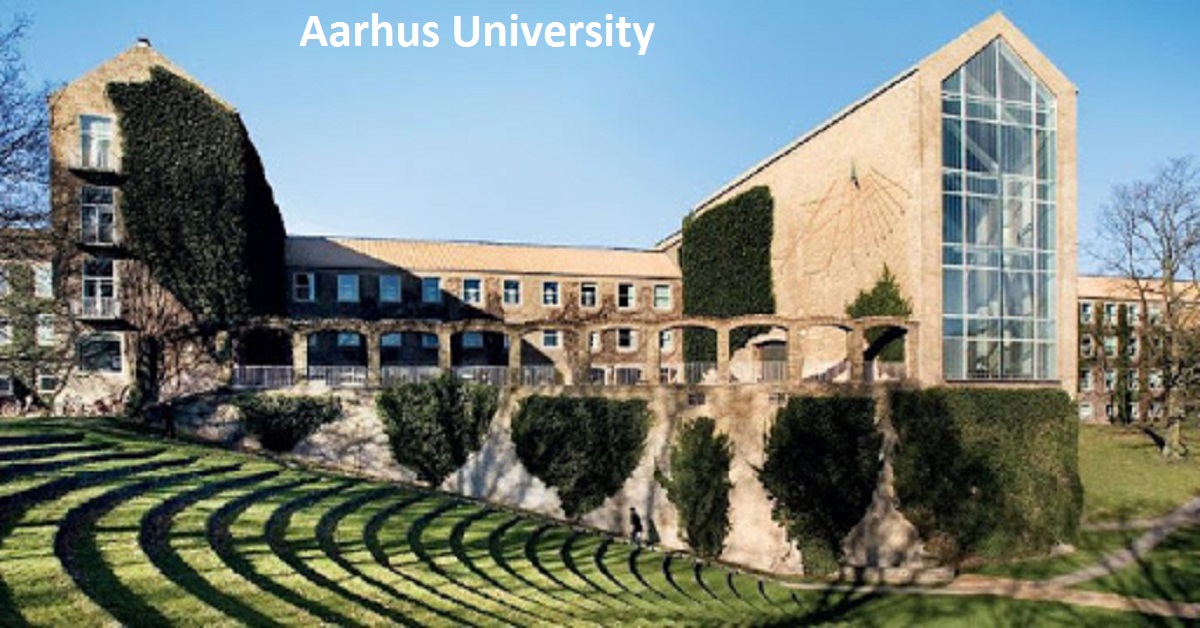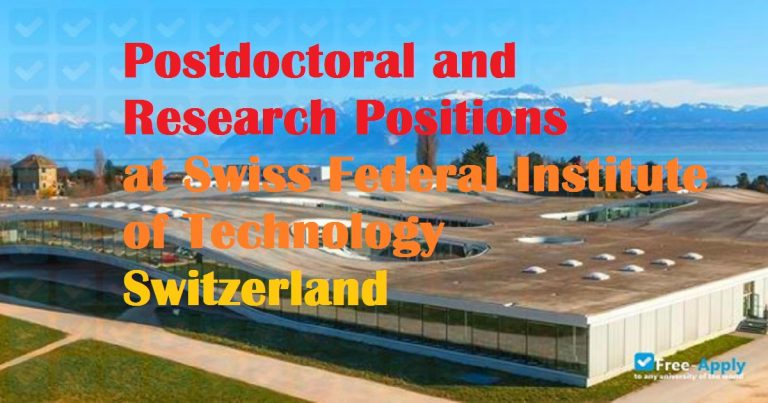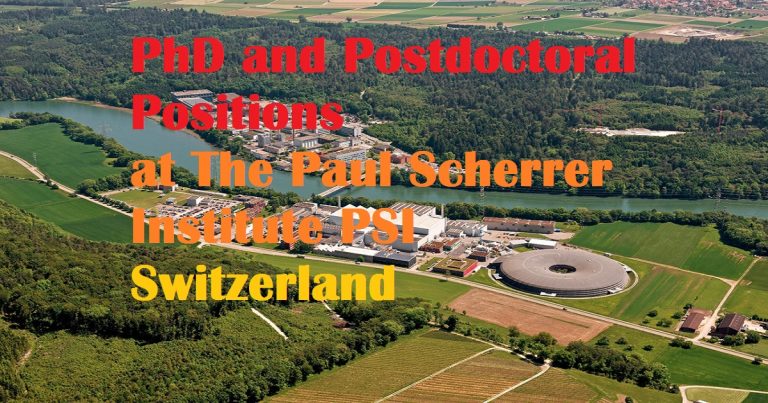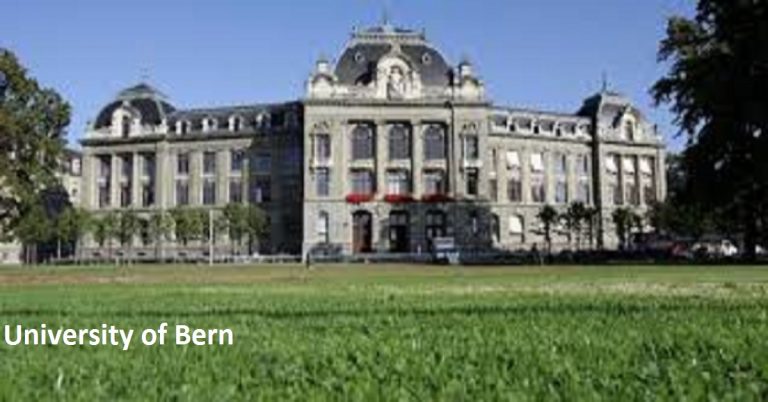
The Department of Agroecology at Aarhus University, Denmark, is offering a postdoctoral position in wetland biogeochemistry and biodiversity
The Department of Agroecology at Aarhus University, Denmark, is offering a postdoctoral position in wetland biogeochemistry and biodiversity, starting 01-01-2023 or as soon as possible thereafter. The position will be available for 3 years under a Horizon Europe-funded project.
You will be part of a research environment focusing on updating and improving the current data available from wetlands and peatlands (pristine, drained, and restored) regarding greenhouse gases emission (GHG), ecology, land use, and potential trade-offs. You will be contributing to specifically the area of GHG-related biogeochemical processes and biodiversity within wetland/peatlands. And the main focus of your position will be to explore the overseen link between biogeochemical processes, GHG production and consumption, and biodiversity under consideration of the different ecological statuses and land use. You will work experimentally with field experiments including qualitative and quantitative validation of wetland/peatland ecosystem characteristics (e.g., biodiversity, geochemical soil properties).
We expect that you will be an active part of the research environment and that you will contribute positively to the social working environment. We also expect that you will take part in our teaching activities and that you will report research results in high-impact scientific journals.
Your profile
We are searching for a highly motivated candidate who has
- A PhD related to wetland/peatland biodiversity and GHG emissions or similar
- Collaborative skills
- A fondness for taking the initiative and the ambition to pursue a scientific career
- Documented experience in scientific writing and publication in peer-reviewed scientific journals
- Research experience in some of the areas of wetland biogeochemistry, biodiversity, land use management and GHGs
- Broad knowledge of wetland/peatland-ecosystem related aspects
Further, we will prefer candidates with some of the following qualifications:
- Teaching and supervision experience at the BSc and MSc level
- Interest and preferably experience in developing competitive national and international research applications
- Experience in planning and conducting field-work
- Experience in planning and conducting laboratory work related to soil biogeochemistry and microbial pathways of GHG production and consumption.
- Good communication skills that can assist in coordinating the project.
Who we are
At the Department of Agroecology, our main goal is to contribute to sustainable solutions to some of the world’s biggest problems within the areas of soil, plants, animals, humans, and the environment. We want to make a difference by contributing to both fundamental knowledge generation and the attainment of sustainable production systems via state-of-the-art research, contracted policy advice, and education. We offer state-of-the-art laboratories, greenhouses, semi-field, and field-scale research facilities, advanced computing capacities as well as an extensive national and international researcher network. The department consists of seven research sections with around 270 highly dedicated employees, of which approximately 50% are scientific staff. More information can be found here.
What we offer
- An informal and multicultural research environment with high professionalism, where accountability, commitment, helpfulness, flexibility, and close collaboration is a prerequisite to solving the core tasks
- A good social environment with activities and routines that make it possible to talk across and strengthen the collegial relationship, and where mutual trust, respect, kindness, and professional sparring are emphasized
- A flexible workplace with a good work-life balance
- An exciting and varied working environment, where two days rarely resemble each other. We are often busy, and we work creatively for solutions to societal challenges
- Subsidized preschool child care and a free education system from primary school up to university level
- Universal health insurance as a resident of Denmark, including family members officially residing in Denmark
- Five weeks of paid holiday per year
- In connection with childbirth: the right to have a total of 52 weeks of shared maternal/paternal leave with full or partial salary pay
Place of Work
The place of work is Aarhus University, Campus Foulum. The affiliation will be with the Department of Agroecology.
More information can be obtained from Associate Professor Shubiao Wu (wushubiao@agro.au.dk)
Application procedure
Shortlisting is used. This means that after the deadline for applications – and with the assistance from the assessment committee chairman, and the appointment committee if necessary, – the head of department selects the candidates to be evaluated. All applicants will be notified whether or not their applications have been sent to an expert assessment committee for evaluation. The selected applicants will be informed about the composition of the committee, and each applicant is given the opportunity to comment on the part of the assessment that concerns him/her self. Once the recruitment process is completed a final letter of rejection is sent to the deselected applicants.
Letter of reference
If you want a referee to upload a letter of reference on your behalf, please state the referee’s contact information when you submit your application. We strongly recommend that you make an agreement with the person in question before you enter the referee’s contact information, and that you ensure that the referee has enough time to write the letter of reference before the application deadline.
Unfortunately, it is not possible to ensure that letters of reference received after the application deadline will be taken into consideration.
Formalities and salary range
Technical Sciences refers to the Ministerial Order on the Appointment of Academic Staff at Danish Universities under the Danish Ministry of Science, Technology and Innovation.
The application must be in English and include a curriculum vitae, degree certificate, a complete list of publications, a statement of future research plans and information about research activities, teaching portfolio and verified information on previous teaching experience (if any). Guidelines for applicants can be found here.
Appointment shall be in accordance with the collective labour agreement between the Danish Ministry of Finance and the Danish Confederation of Professional Associations. Further information on qualification requirements and job content may be found in the Memorandum on Job Structure for Academic Staff at Danish Universities.
Salary depends on seniority as agreed between the Danish Ministry of Finance and the Confederation of Professional Associations.
Aarhus University’s ambition is to be an attractive and inspiring workplace for all and to foster a culture in which each individual has opportunities to thrive, achieve and develop. We view equality and diversity as assets, and we welcome all applicants.
Research activities will be evaluated in relation to actual research time. Thus, we encourage applicants to specify periods of leave without research activities, in order to be able to subtract these periods from the span of the scientific career during the evaluation of scientific productivity.
Aarhus University offers a broad variety of services for international researchers and accompanying families, including relocation service and career counselling to expat partners. Read more here. Please find more information about entering and working in Denmark here.
Aarhus University also offers a Junior Researcher Development Programme targeted at career development for postdocs at AU. You can read more about it here.
The application must be submitted via Aarhus University’s recruitment system, which can be accessed under the job advertisement on Aarhus University’s website.
Questions about the position?
Shubiao WuAssociate Professor, Department of Agroecology – Soil Physics and Hydropedology+4593522758wushubiao@agro.au.dk
Questions about application and proces?
Nat-Tech Administrative Centre – HR Department+4525580678nat-tech.HR.team2@au.dk



